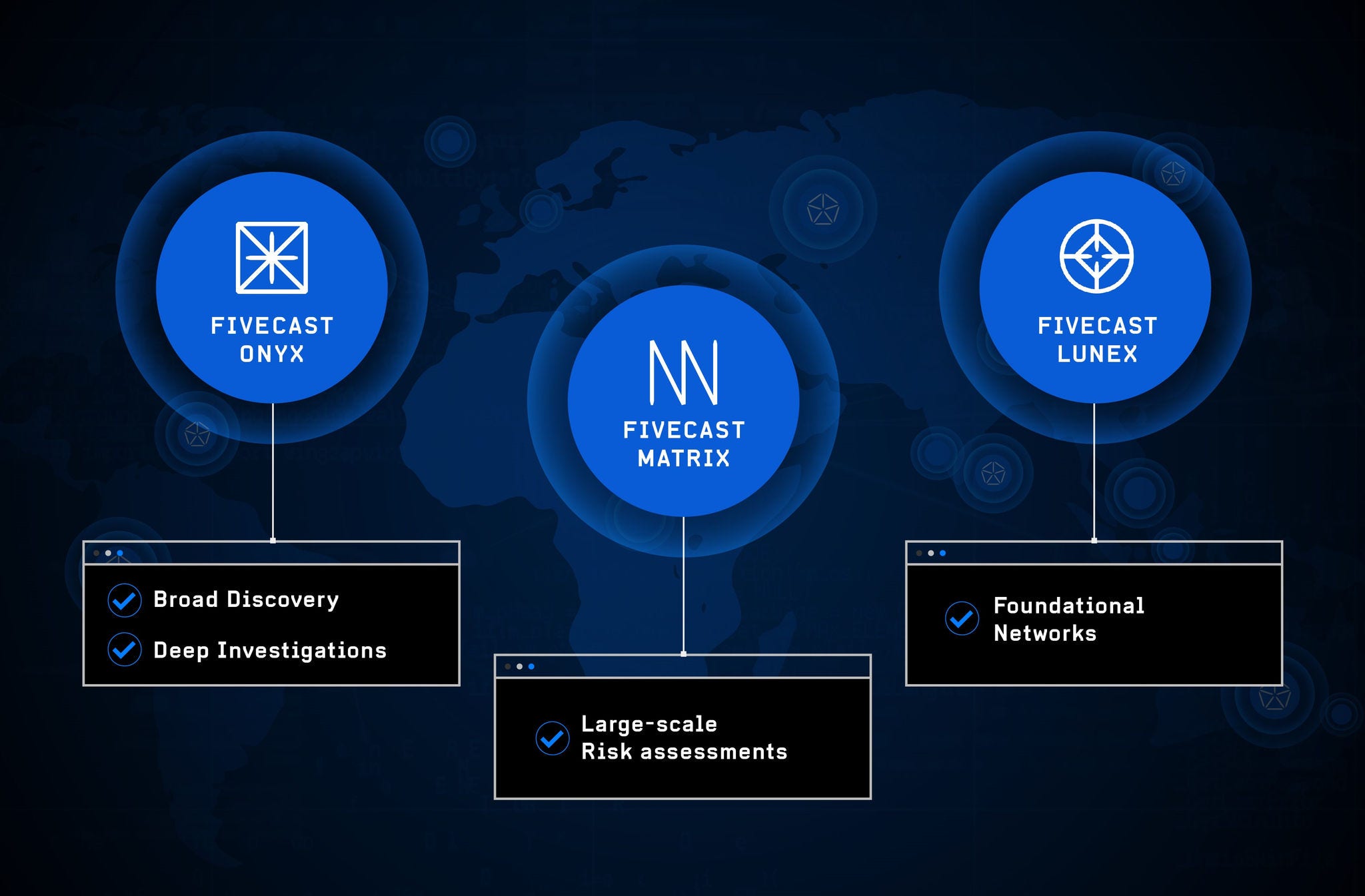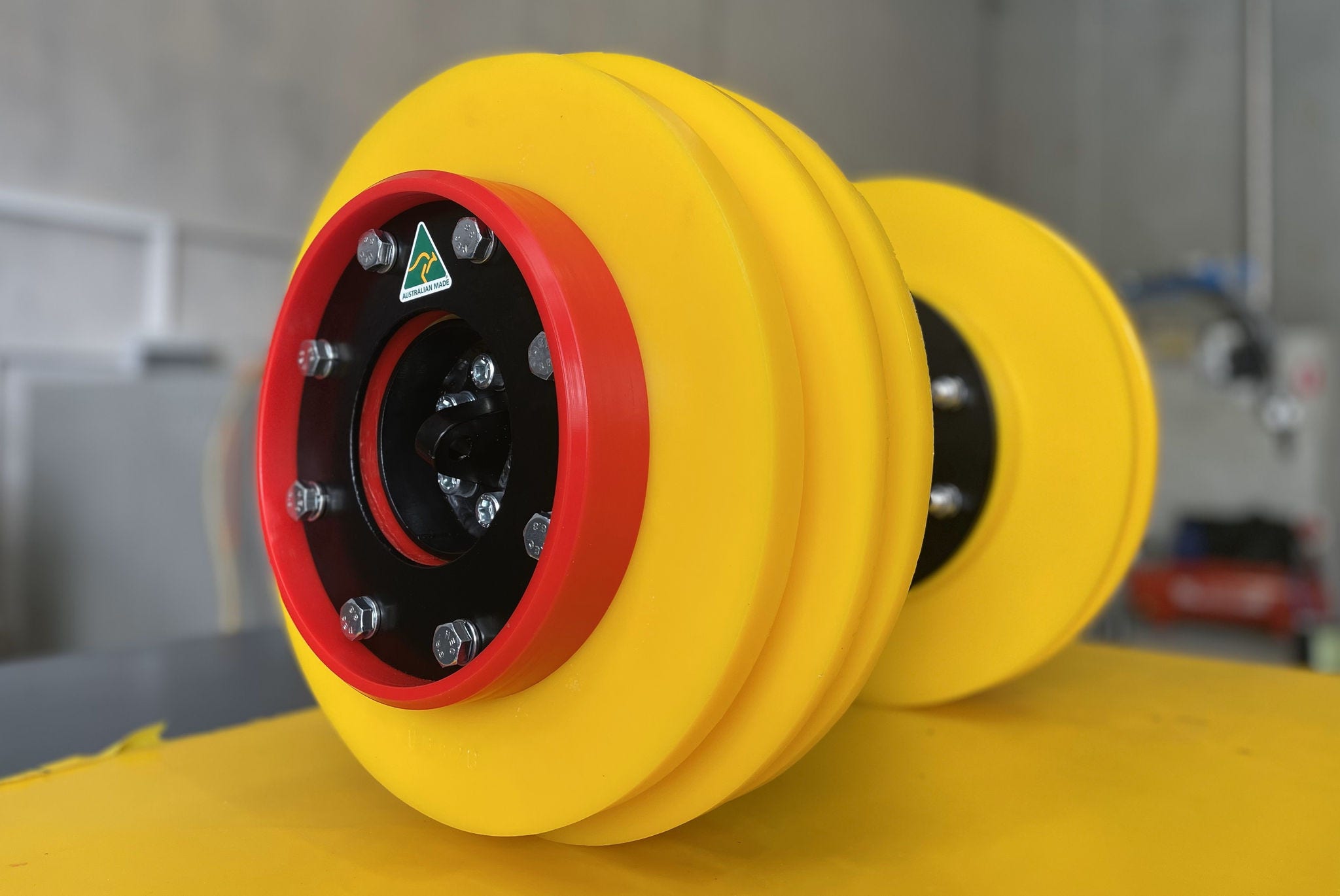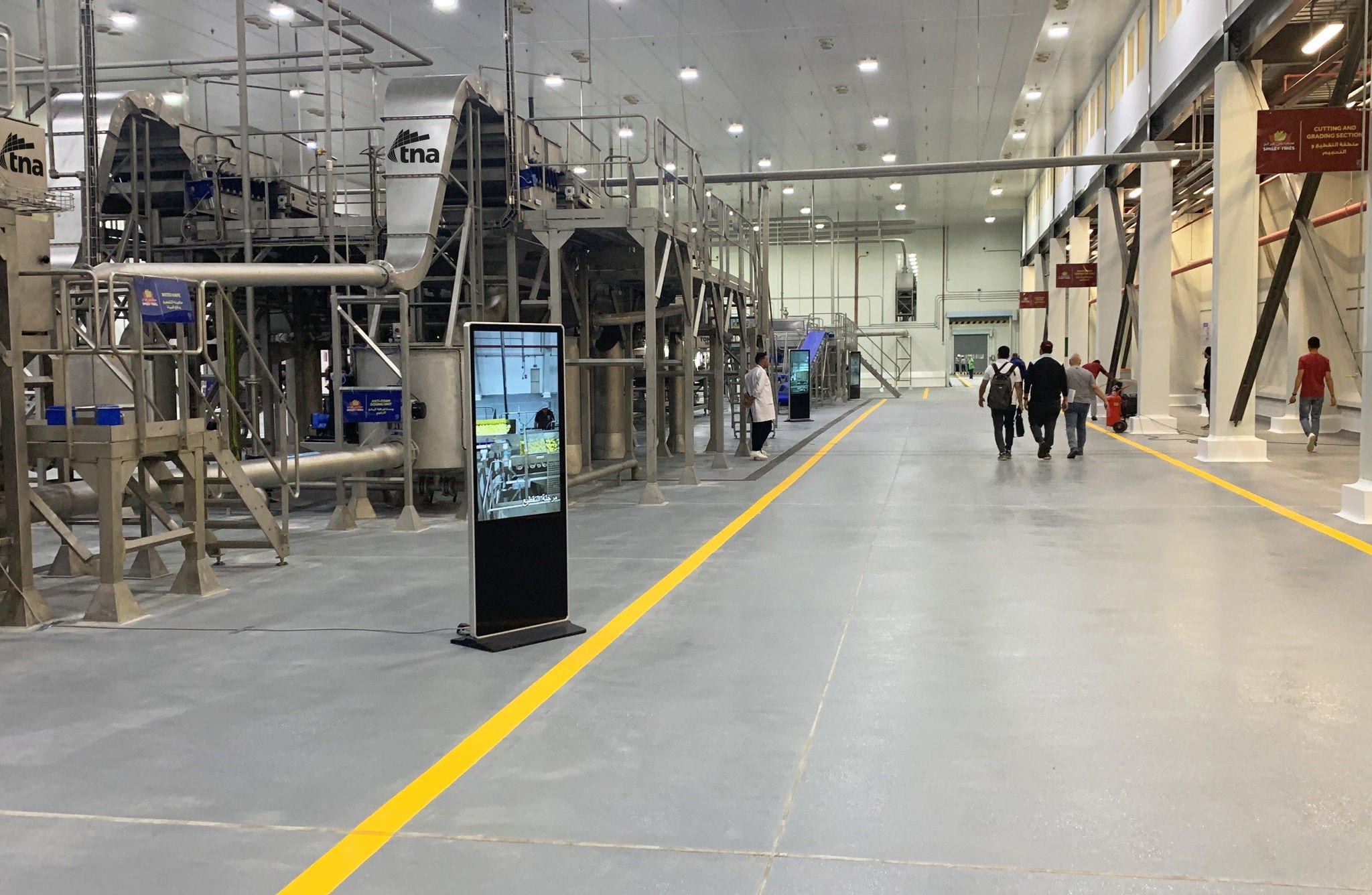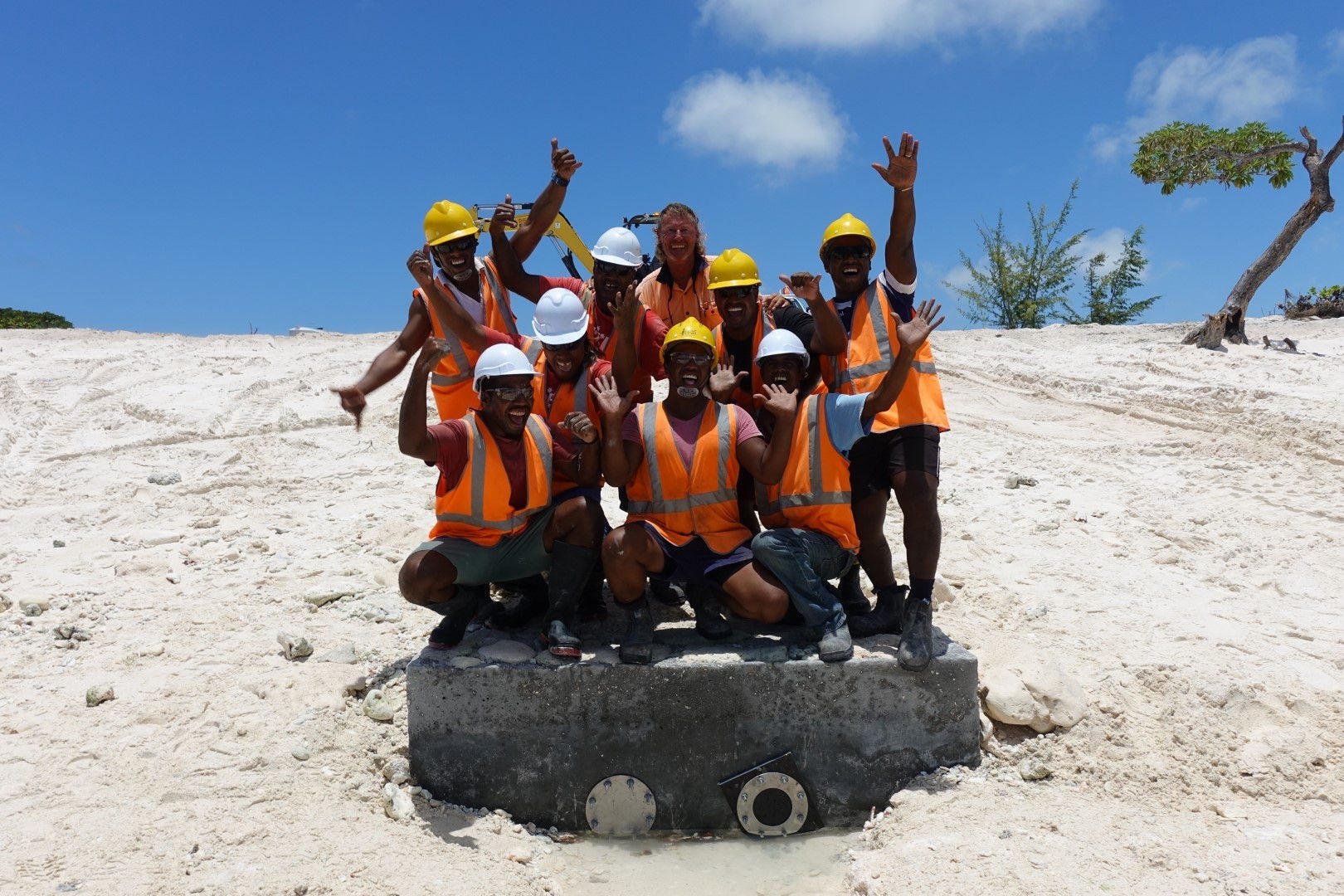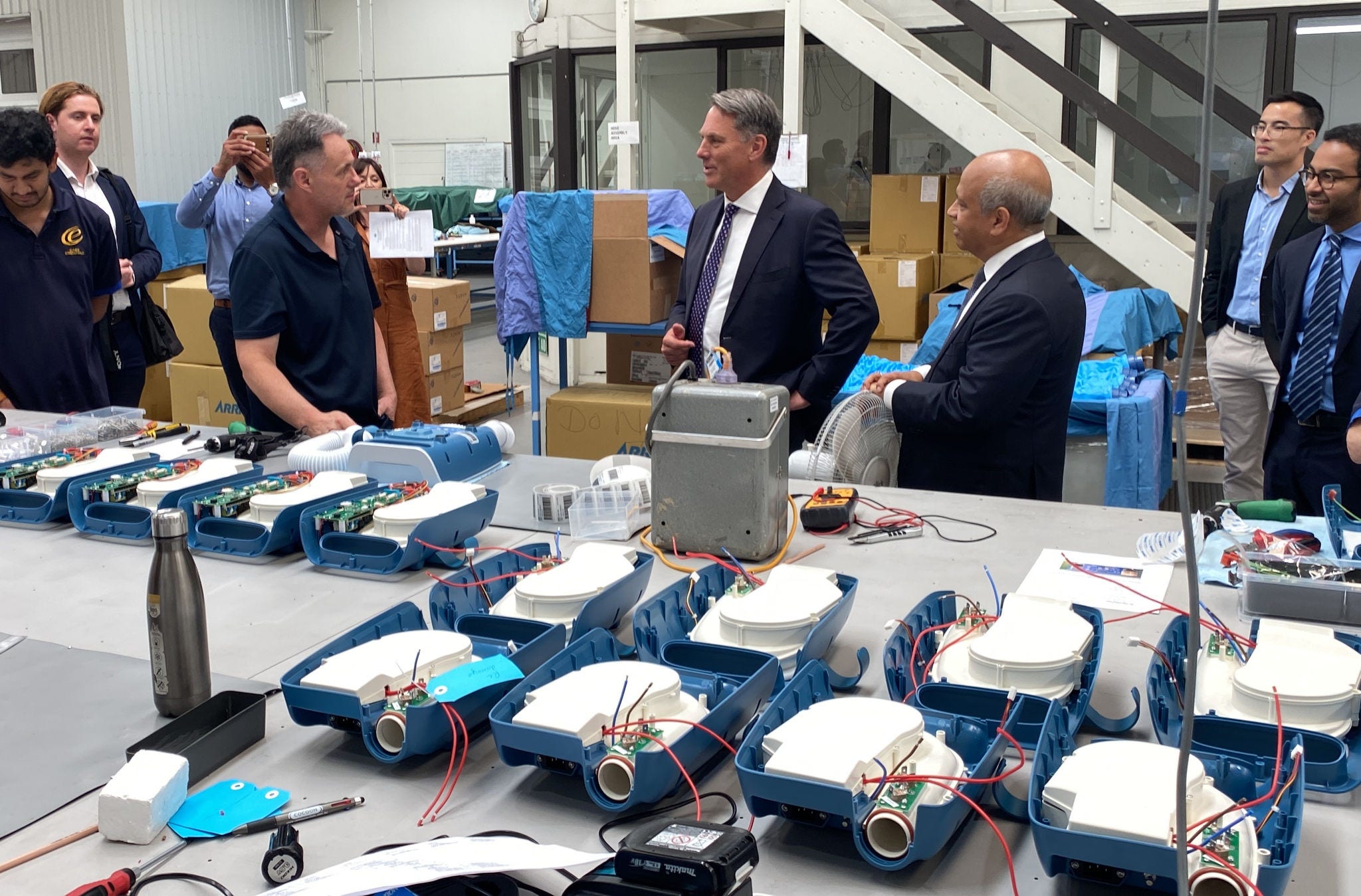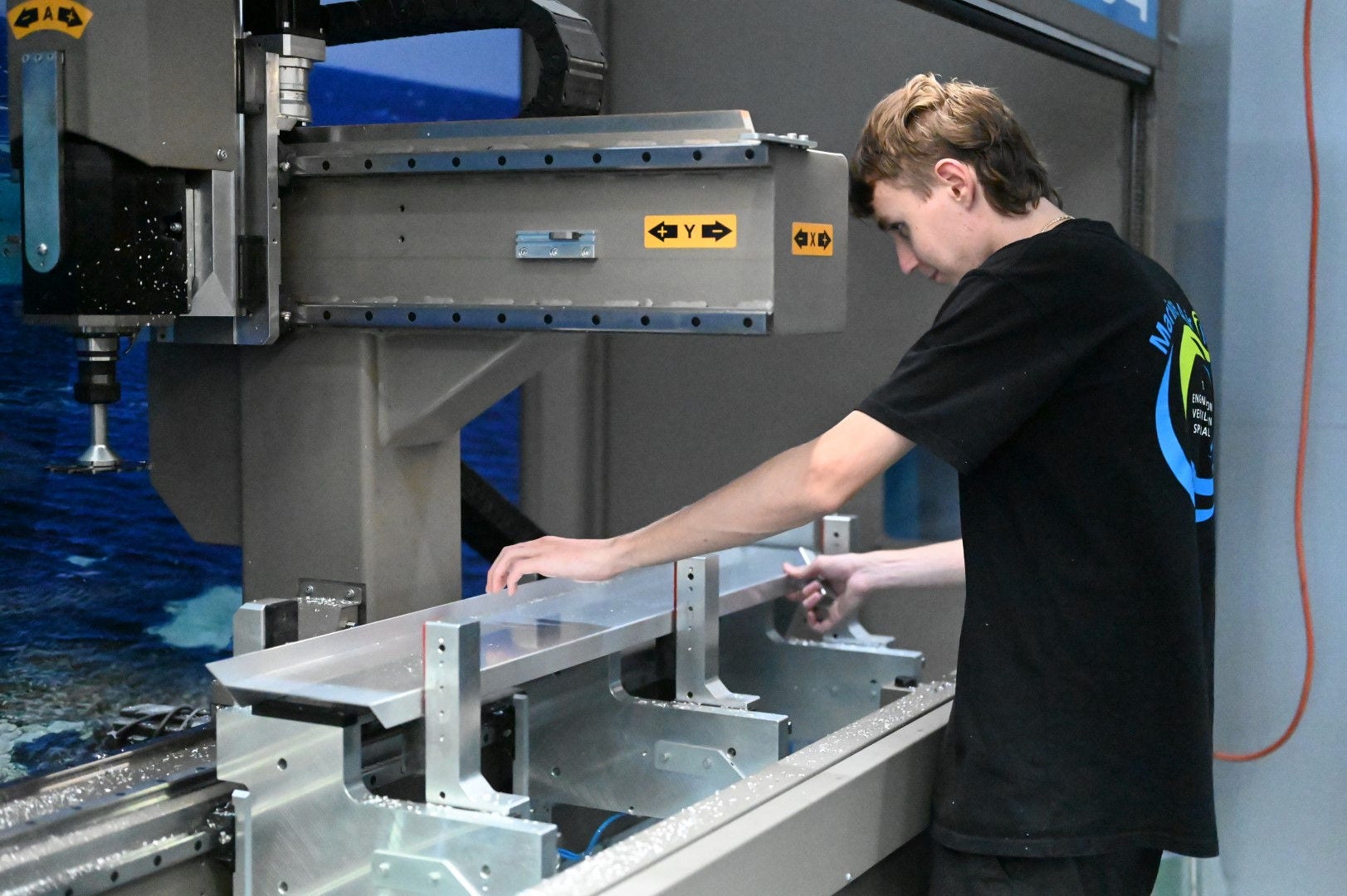Engineering Institute of Technology (EIT)
West Perth (Wajuk), Western Australia.
A long history of success with the Australian Export Awards
We are passionate about Australian engineering education and training, and feel that this award is an excellent way of showcasing our offerings and integrity.
Dr Steve Mackay, Engineering Institute of Technology (EIT) Dean of Engineering.
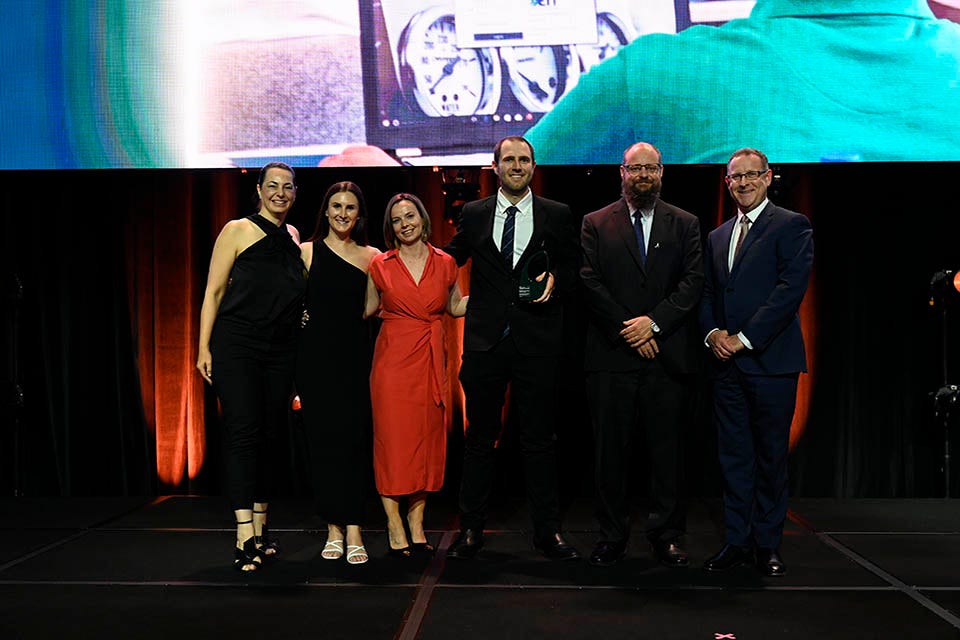
International Education and Training winner – Engineering Institute of Technology.
School is in session for the Engineering Institute of Technology
21 November 2024
Since 2008, this global education provider has reached students in more than 160 countries. In the past 3 years, it has enjoyed 20% to 30% annual growth.
Most EIT students study online, although its physical campuses attract growing numbers. The institute has campuses in Perth, Melbourne and Brisbane. It also has support offices and staff in South Africa, England, New Zealand, the Philippines and the US. As demand for quality Australian education increases, EIT plans to open more locations across the globe.
Exporting high-quality Aussie education to the world
EIT’s programs are developed after deep consideration of the latest technical trends required for industry. They range from diplomas and advanced diplomas, through to undergraduate and postgraduate degrees, and include a professional doctorate.
All qualifications are fully accredited in the Australian national education system, making them highly attractive to a global market. The institute also offers a popular range of professional development micro-credentials on-site and online.
Flexible delivery reaches students across the globe
EIT’s flexible and predominantly online delivery allows students anywhere to study in their own time. This is a pull for working professionals and those who juggle other commitments. The institute’s advanced learning technologies create a student experience that rivals or exceeds campus-based delivery.
‘To reach people throughout the world we use innovative technologies including state-of-the-art labs and interactive video conferencing,’ says Dr Steve Mackay, EIT’s Dean of Engineering. ‘We’re increasingly using AI as a powerful teaching assistant.’
State-of-the-art remote labs build in-demand skills
EIT complements its theoretical learning using virtual labs and remote labs connected to real equipment. These labs allow students to conduct experiments and practise engineering skills in a simulated or remote environment.
Many of the labs replicate real-world engineering scenarios where technologies are managed remotely. ‘The labs provide a safe and cost-effective way for students to gain practical experience without the need to attend physical lab facilities,’ says Mackay.
Free webinars keep a global market engaged
EIT runs 3 or 4 free technical webinars per month. These keep students and the wider engineering community abreast of the latest engineering trends and technologies. EIT has received 139,412 webinar and event registrations since 2019. The top 5 source countries are Nigeria, South Africa, Australia, Ghana and Kenya.
‘EIT aims to translate these webinars into different languages,’ says Mackay. ‘Spanish is being tested using AI.’
Fundamental to our planning is the monitoring of the global education landscape, with a focus on trends and sentiments.
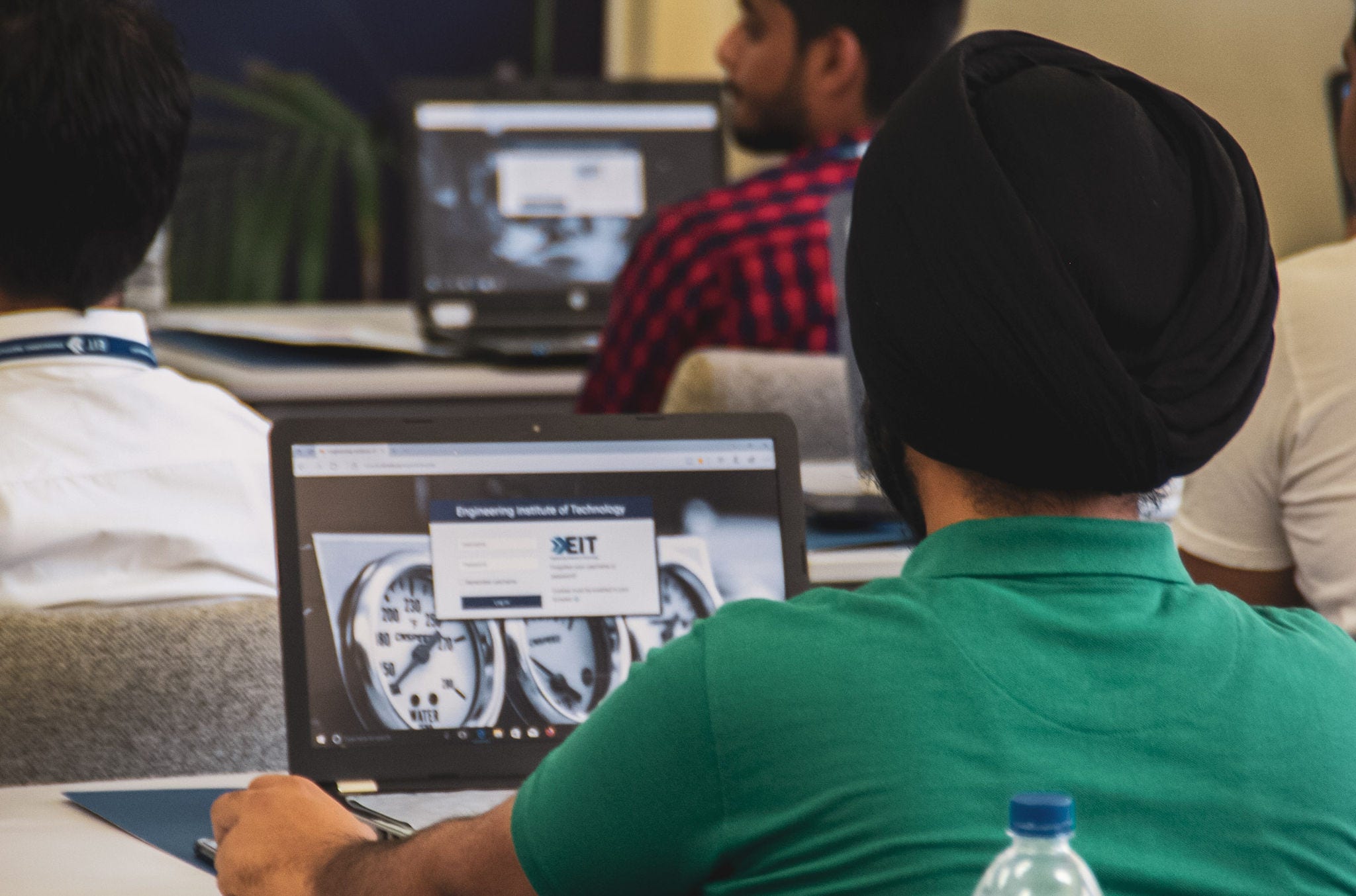
Global market trends direct cutting-edge programs
EIT looks at market trends and gaps to provide students with industry-relevant courses. It has recently launched new specialised programs in emerging fields including renewable energy engineering, the internet of things (IoT) and cyber security.
‘AI can assist us to find specialised topics for new courses,’ says Mackay.
Success in South Africa
In October 2022, EIT was approached by a multinational fast-moving consumer goods company in South Africa to provide ad hoc training to a small group of technicians. Further conversations found that more staff would benefit from the customised program that focuses on practical skills.
Over the following months, EIT developed a new 20-week program for the company. The first intake of 63 technicians was very successful. It resulted in an international rollout of the technical program, as well as the creation of a reduced course for executives. ‘This has proven EIT’s capacity for agility through an efficient and effective response to industry,’ says Mackay. ‘It also demonstrates our ability to deliver client-centric, site-specific upskilling and reskilling.’
Registration and recognition provide further export expansion opportunities
Unique among tertiary providers, EIT was recently registered as a Higher Education Provider in the UK. The next step will be to gain degree-awarding powers. A similar process is currently underway in the US.
EIT also has international recognition in the professional engineering arena for many programs via the highly respected Dublin, Sydney and Washington Accords. ‘As an institute with steady and sustainable growth, we plan to submit an application for Australian University College status in late 2024,’ says Mackay.
A long history of success with the Australian Export Awards
The 2024 Australian Export Awards winner of the International Education and Training award category won in the same category in 2021. It was recognised as a finalist in both 2019 and 2015.
‘We are passionate about Australian engineering education and training and feel that this award is an excellent way of showcasing our offerings and integrity,’ says Mackay.
‘We have an indefatigable team of professionals working at EIT. Winning would be a feather in the caps of our incredible staff and students.’
A key player in the global education landscape
EIT is strategically positioned for robust growth in the education export sector through planning, performance monitoring, and management.
‘Africa is a very strong market for us, but we are increasingly marketing into South America and Southeast Asia,’ says Mackay. ‘Fundamental to our planning is the monitoring of the global education landscape, with a focus on trends and sentiments.’
Beyond leaving a legacy, EIT hopes that its courses and programs are improving the lives of its graduates and their families today. ‘We are inspired by the positive feedback we receive from our students,’ says Mackay. ‘This keeps us pushing upwards and onwards.’
Visit Engineering Institute of Technology website.
International Education and Training winner – Engineering Institute of Technology. For the full transcript please visit the International Education and Training Award 2024 - Engineering Institute of Technology - YouTube video on YouTube.

